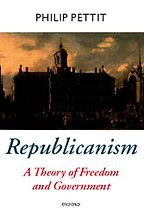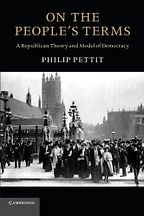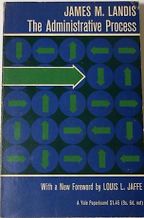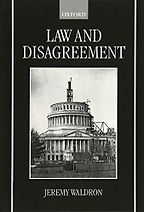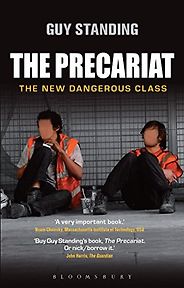Books by Philip Pettit
“Philip Pettit is, I think, the key respondent to Hayek. Hayek has this belief that we ought to avoid coercion, no matter what the consequences of taxing people to regenerate a society may be. What Petit demonstrates is that what we ought to be concerned with is what he calls ‘resilient non-interference’. This is freedom from domination – that is to say, from people making arbitrary decisions about our core interests—whether that be in the home, through domestic violence, or the workplace, with people being forced to do demeaning things in order to be paid. We see a lot of that in the care sector, in sex work, and any number of different areas of our society.” Read more...
The best books on Universal Basic Income
Matthew Johnson, Political Scientist
“This is a really great book—a profoundly important book. He departs from the dominant strain of political theory over the past forty or so years. His message is that it’s not just about justice; it’s about legitimacy, too.” Read more...
The best books on The Administrative State
Paul Tucker, Economist
Interviews where books by Philip Pettit were recommended
-

1
The Administrative Process
by Jason M. Landis -

2
The End of Liberalism: The Second Republic of the United States
by Theodore J. Lowi -

3
Dilemmas of European Integration: The Ambiguities and Pitfalls of Integration by Stealth
by Giandomenico Majone -

4
Law and Disagreement
by Jeremy Waldron -

5
On the People's Terms
by Philip Pettit
The best books on The Administrative State, recommended by Paul Tucker
The best books on The Administrative State, recommended by Paul Tucker
Experts versus populists, bureaucracy versus democracy: Paul Tucker, former deputy governor of the Bank of England and a fellow at Harvard’s John F Kennedy School of Government, chooses books that wrestle with central dilemmas of today’s liberal political order
The best books on Universal Basic Income, recommended by Matthew Johnson
Is basic income a viable policy that changes everything? Matthew Johnson, Professor of Public Policy at Northumbria University, and other members of the ‘Common Sense Policy Group’ think so. He introduces us to the political philosophy behind basic income, how it works, and some of its potential outcomes.
